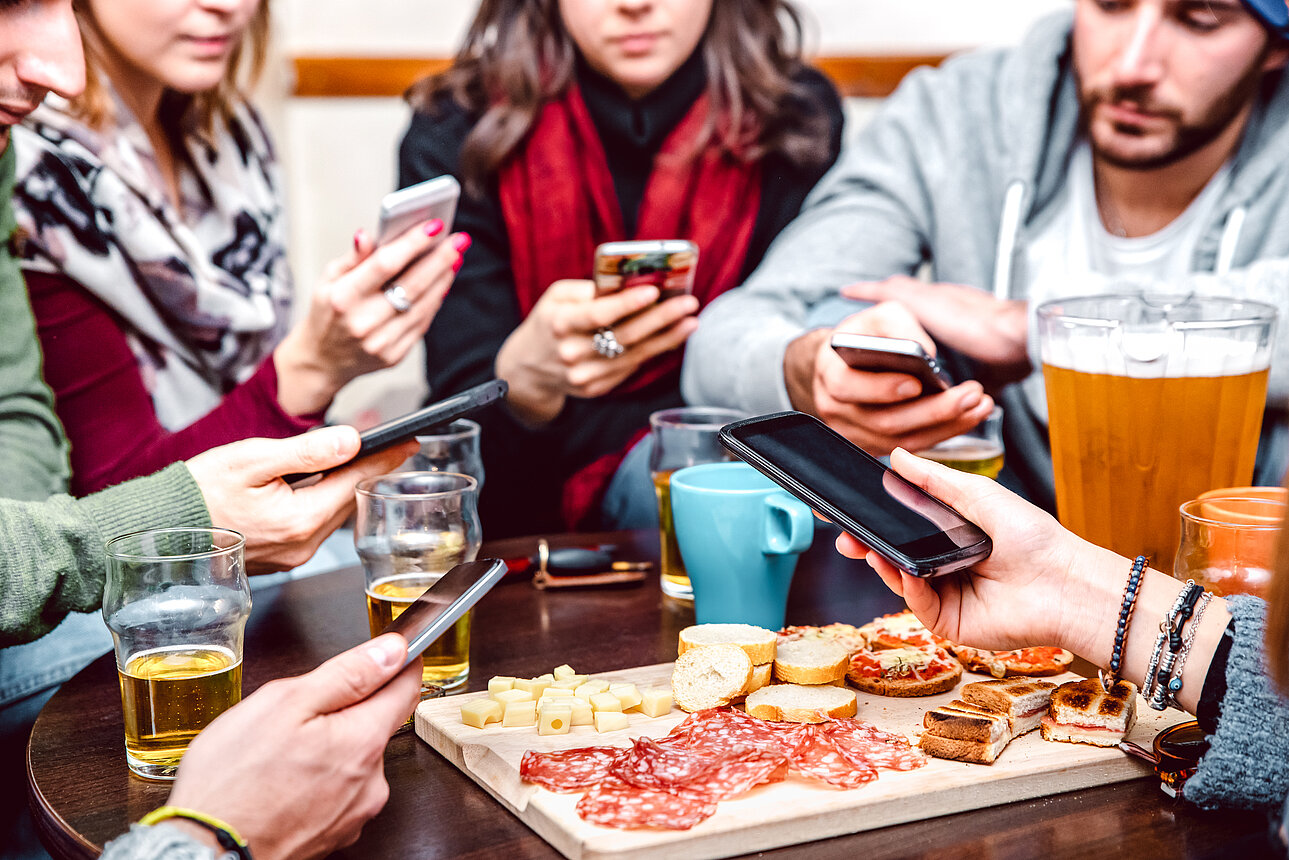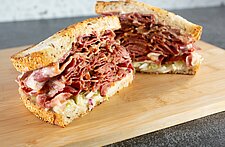To effectively create and market products that resonate with new, young consumers, So, it’s crucial to know the key characteristics of Gen Z. So, just who are the Generation Zers?
We know already that they were born between the mid-1990s to the mid-2000s. They are primarily children of Generation X parents. But that’s not enough for marketing professionals and R&D managers of food and beverage companies to create avatars to help drive new food technology, trends, and flavors. Marketing to Gen Z requires an in-depth look at who they are and what sets them apart from Millennials and other generations.
Here’s a quick look at what our research has found, so it’s easier for you to understand Generation Z consumer insights for product development and future business success.
Big Picture: Gen Z Insights
A few common ways to describe Gen Z consumers include:
-
Creative
-
Autonomous
-
Pluralists
-
Progressive
These young people are optimistic, with 76% believing that they will be able to turn a hobby into a career. And yet, unlike Millennials who believe they should love what they do professionally, Gen Z understands that work is just a means to an end. They are entrepreneurial, tech-driven, and financially focused, but they’re willing to take jobs for the paycheck alone.
At the same time, they report feeling overwhelmed, stressed, and lonely. Nearly half of Gen Z report feeling isolated, even when both virtual and real friends surround them. They use their phones primarily for entertainment, as well as for researching companies. They still prefer interactions to be IRL or in real life.
Gen Z is also socially conscious, liberal, and distrusting of institutions. This is important for Gen Z foods, as trust and transparency are essential.
Values and Identity of Gen Z
When it comes to creating new products, companies should consider how Gen Z members see themselves in terms of their identities. The breakdown is:
-
49% consider their career a part of their identity
-
49% say their hobbies are central to who they are
-
44% state that gender defines them.
They’re also less likely to say “being an American” is part of who they are, compared to other adults. Other values are more important, including:
-
Honesty
-
Independence
-
Compassion
-
Authenticity
-
Comfort
-
Equality
-
Open-mindedness
Research shows five other key traits in defining what Gen Z is all about. We’ll consider each one individually.
Related: Generation Z 101: How to Market Food and Beverage to Gen Z
Key Trait: Diverse and Blindly Inclusive
Gen Z is the most ethnically diverse generation in the history of the United States, with nearly half — 47% — members of ethnic minorities. The Hispanic teen population is the fastest-growing demographic. The term Latinx, rather than Latino or Latina, has gained support among this younger generation.
Gen Z embraces diversity. The historic event of electing the first African American President isn’t even considered something exceptional. To Gen Z, this is how it always has been and the starting point of how it should be. They understand and accept that people come from different backgrounds culturally, economically, and especially in terms of gender norms.
The majority of Gen Z also identifies as LGBTQ+, meaning only the minority of the generation considers themselves cis and heterosexual. This speaks to the importance of inclusion in marketing for Gen Z shopping habits.
Key Trait: Connected Lifestyle
Older populations can remember when they didn’t constantly have a mobile device connected to the internet, but Gen Zers have always been connected. They’re described as “phigital” and exist in a blur between the physical and digital world. All people and places have a digital equivalent, and this generation knows that online life and offline life are interwoven.
Unfortunately, this reality has led to two distinct fears common among Gen Z. The first is FOLO or the fear of living offline. Texts and direct messages are answered immediately.
The second is more well-known: FOMO, or the fear of missing out. Gen Zers feel the need to be on top of everything and are worried they aren’t moving fast enough.
This can lead to anxiety as they work within the blurred lines between:
-
Home and work
-
Study and entertainment
-
Public and private
But that anxiety is softened by the results of living both digitally and face-to-face. Caring and selfless human beings comprise this generation, with 43% preferring face-to-face communication. They see themselves as part of a greater whole, with whatever is good for them is good for the rest of the world.
These young consumers are non-drinkers and non-smokers, as well as social activists and environmentalists. They are acutely aware of climate change and are always looking for ways to reduce waste.
Their unconventional family life fosters their openness and healthy values. They may live in multi-generational homes, and 58% say their parents are their best friends.
Still, they spend at least four hours every day online, with 91% going to bed with their device. At the same time, 59% of teens ages 13 to 17 agree they spend too much time online.
Don't forget to Subscribe to our weekly newsletter here!
Key Trait: Living by Their Own Rules
Some older Americans may have heard about the eight-second rule that describes the attention span of Gen Z. But there are some things they do pay attention to, and this influences Generation Z’s buying habits. They care about:
-
Becoming passionate experts on topics that interest them
-
Being hyper-focused on what they care about
Food technologists may benefit from thinking outside the box when creating Gen Z flavors or beverages. Grabbing Gen Z’s short but intensely focused attention takes creativity and skill.
Key Trait: Non-Linear Education and Career Path
Understanding a Gen Z flavor preference can be challenging. It helps to take the context of their world and experiences into account. They were born into the unstable realities of global terror and financial meltdowns. The result of dealing with all this instability is that Gen Zers usually follow a non-linear path to success.
They are entrepreneurial, even at a young age. They’re not working in fast-food restaurants but instead are creating their own businesses. Thirty percent have taught themselves a new skill online, and 71% of the generation is already saving for their future. They learned valuable lessons from their parents about the Great Recession, and they have healthy boundaries about work and the rest of their lives.
Key Trait: Fast-Changing and Impermanent
Finally, to market new Generation Z flavors successfully, business leaders must understand that these teens and young adults don’t like things that last forever. Even when they’re in a romantic relationship, only 12% share news of the relationship online.
To best appeal to Gen Z, companies would benefit from staying fresh and dynamic with all food, beverages, and flavors. To learn more about our Gen Z initiative, contact us HERE.





